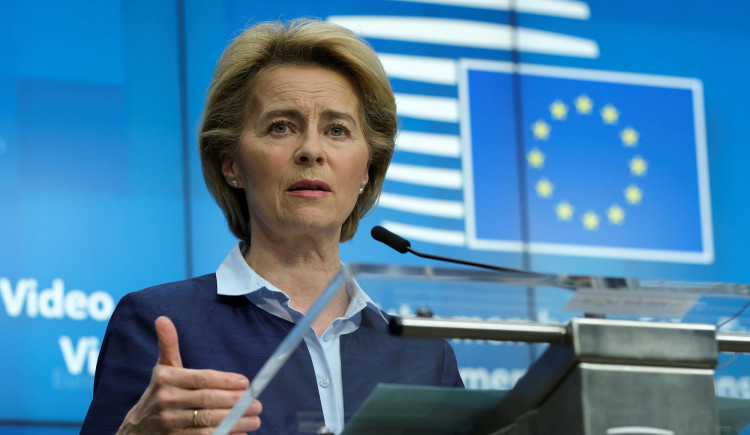While overall inflation in the Eurozone accelerated in April, core inflation unexpectedly slowed, raising expectations for a more modest 25 basis point interest rate hike by the European Central Bank (ECB) this week.
On Tuesday afternoon, May 2, data released by Eurostat showed that the Eurozone's Harmonized Index of Consumer Prices (HICP) for April rose by 7% year-over-year, in line with expectations and slightly higher than the previous 6.9%, with a month-over-month preliminary value of 0.7%, slightly lower than the expected 0.8% and previous 0.9%.
April's core HICP came in at a preliminary value of 5.6% year-over-year, lower than both expectations and the previous 5.7%; month-over-month, the preliminary value was 1.0%.
Food price increases slowed, and German inflation eased slightly. In terms of major components of inflation, food and alcoholic beverages had the highest year-over-year increase in April at 13.6%, but lower than March's 15.5%. This was followed by non-energy industrial goods, with a year-over-year increase of 6.2%, down from 6.6% in March. Service prices rose by 5.2%, slightly higher than the previous 5.1%, and energy prices increased by 2.5%, up from a decline of 0.9% in March.
Excluding alcoholic beverages, the year-over-year increase in prices slowed from the previous 5.7% to 5.6%, lower than market expectations and marking the first decline since June of last year.
Surprisingly, inflation for processed food, alcohol, and tobacco fell by a full percentage point to 14.7%, while non-processed food price increases dropped by 4.7 percentage points, suggesting that the long-awaited decline in food prices for consumers may be underway.
Among member countries, Germany, Europe's largest economy, saw its HICP rise by 7.6% year-over-year in April, slightly lower than the previous 7.8%, and up 1.9% month-over-month. France, the second-largest economy in Europe, saw its HICP rise by 6.9% year-over-year in April, up from 6.7%, with a month-over-month increase of 0.7%.
Expectations of a smaller rate hike in May? Following the data release, the euro fell against the US dollar.
This suggests that investors may be betting on the ECB raising interest rates by 25 basis points at its May 4 meeting, half the size of the 50 basis point hike in March, which was the sixth consecutive increase.
An ECB survey on bank lending showed an unusually sharp decline in credit demand amid tightening lending standards, strengthening the case for a smaller rate hike.
French central bank Governor Francois Villeroy de Galhau and other senior officials believe the ECB should take a more restrained approach, having earlier stated that the central bank has already significantly raised borrowing costs to curb the economy.
However, other senior officials, including Executive Board member Isabel Schnabel, have said that a 50 basis point hike remains one of the options, as inflation has proven to be sticky and risks of inflation stabilizing above the ECB's 2% target have intensified.
One of the main concerns at present is that wage growth is exceeding expectations.
ECB Governing Council member and Belgian central bank Governor Pierre Wunsch said earlier to the media that the ECB is waiting for wage growth and core inflation to decline in tandem with overall inflation before reaching a point where rate hikes can be paused.
Overall, investors expect that by the end of this summer, the ECB's deposit rate will likely rise from the current 3% to around 3.75%. The slowdown in core inflation and its potential impact on the ECB's decisions could lead to more moderate rate hikes in the coming months, providing some relief to consumers and businesses alike.






